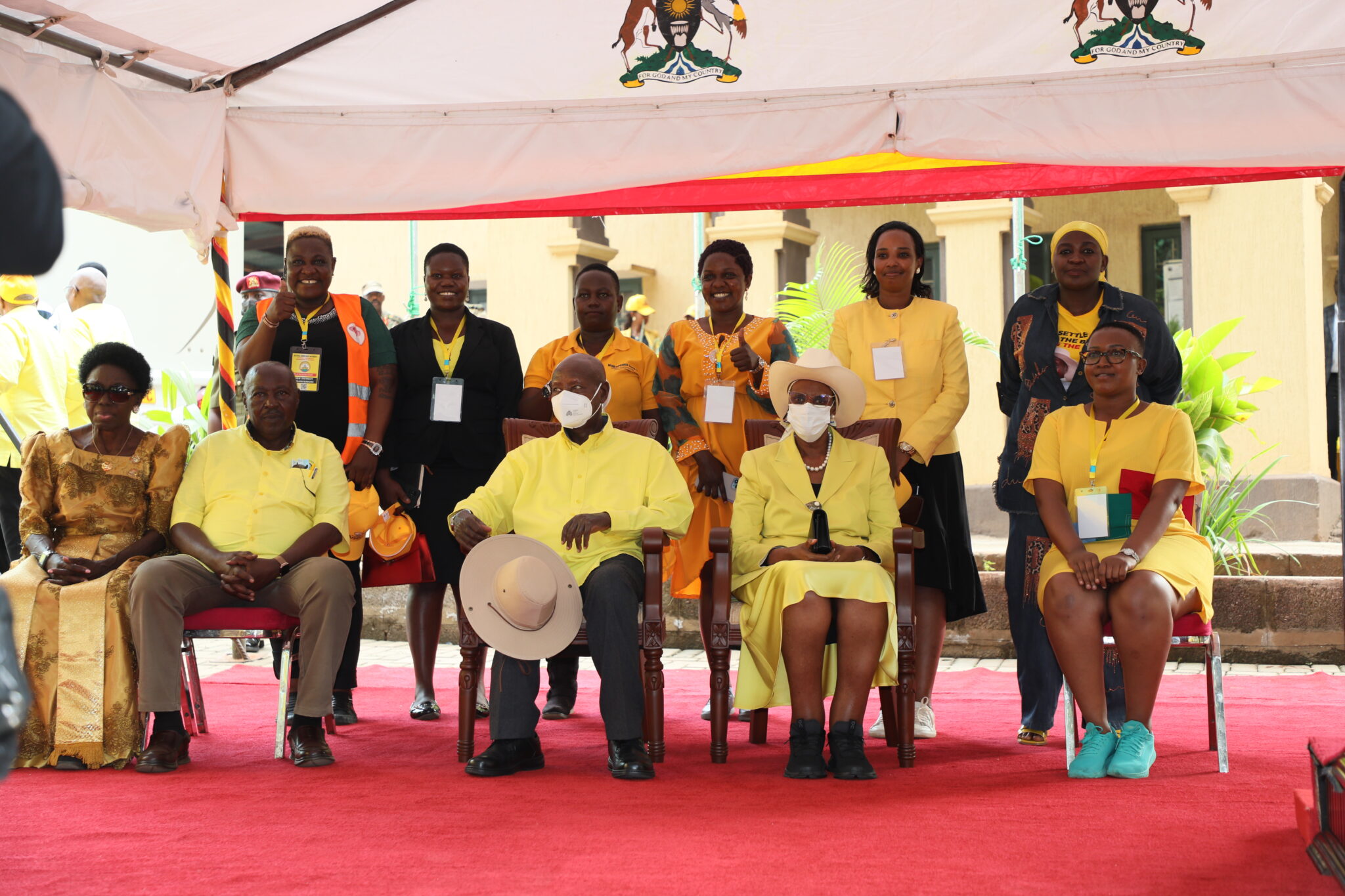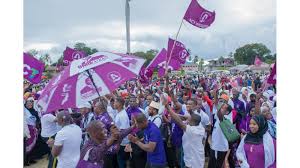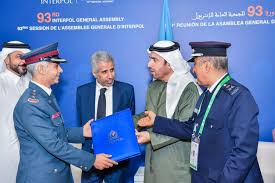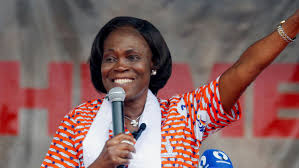President Yoweri Kaguta Museveni, in a powerful speech delivered at his nomination ceremony on Saturday, has officially been confirmed as the National Resistance Movement (NRM) flag bearer for the 2026 presidential elections and as the party chairman for the 2025–2031 term.
In his address, Museveni outlined an ambitious vision for Uganda’s future, aiming to propel the country from a lower-middle-income economy to a high-middle-income status, with a target GDP of $500 billion by 2040. He shared his commitment to the nation’s progress, saying, “I am responding to the millions of Ugandans who have been ordering me with the slogan: ‘Tova Ku Main’ – do not leave the main electricity line.”
The “Tova Ku Main” slogan, led by Hajjat Hadijah Namyalo Uzeiye, was a nationwide campaign to gather support for Museveni’s continued leadership. It urged him to stay on course and further the transformative journey that Uganda has been on since the NRM took power in 1986.
Reflecting on Uganda’s journey, Museveni emphasized the country’s progress under NRM leadership, pointing to key milestones such as political stabilization, economic recovery, the elimination of commodity shortages, and diversification of the economy. He highlighted that Uganda’s economy has grown from $3.9 billion in 1986 to $61 billion today, with a Purchasing Power Parity GDP of $172.2 billion. “Uganda is no longer a Least Developed Country,” he said.
The President explained that his decision to seek a new mandate stems from the need to consolidate past achievements and further advance the country’s economic transformation. He outlined his “Path to Prosperity,” focusing on six key pillars: peace, development, wealth creation, job creation, services, and markets. Museveni stressed that the private sector, especially through agriculture, manufacturing, services, and ICT, is crucial for generating mass employment and driving the country’s growth.
A central point in his speech was the need for value addition and a knowledge-based economy. Museveni argued that Uganda must stop exporting raw materials and instead focus on adding value to its resources. He gave the example of coffee, which, when processed, can fetch up to $40 per kg, compared to just $2.5 per kg for raw coffee. “We cannot remain raw material exporters,” Museveni warned, pointing out that countries like Germany, which do not even grow coffee, earn billions from it. He made it clear that the country’s focus must shift to value addition and knowledge-based industries to achieve the goal of a $500 billion economy.
Congratulating the new NRM leaders, many of whom are young, Museveni urged them to embrace “productive politics based on ideology, not biology or job-seeking.” He warned against treating political leadership as a career for personal gain, encouraging the youth to become wealth creators rather than relying on government positions for income.
Drawing inspiration from Uganda’s liberation struggle, he reminded the audience of the sacrifices made by his generation to free the country. “Our generation left well-paying jobs to liberate Uganda. If we had not, where would this country be?” he asked.
In closing, Museveni called for national unity and principled leadership, with a focus on deepening Uganda’s economic gains, enhancing regional security, and ultimately achieving African economic independence. He reaffirmed his commitment to transforming Uganda into a high middle-income economy and laid out his vision for the future: “Let us continue the march not only to achieve a high middle-income economy but also strategic security, African brotherhood, and the final liberation of our continent from economic servitude.”
As Uganda approaches the 2026 general elections, Museveni’s message was clear: the country’s future depends on completing its transformation by adding value, creating jobs, and ensuring that the fruits of progress are shared by all Ugandans.



